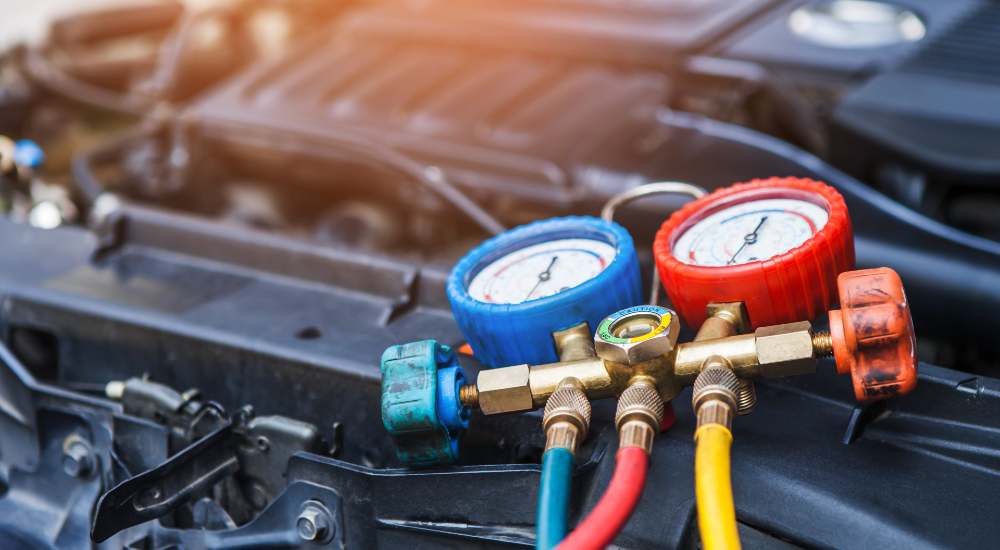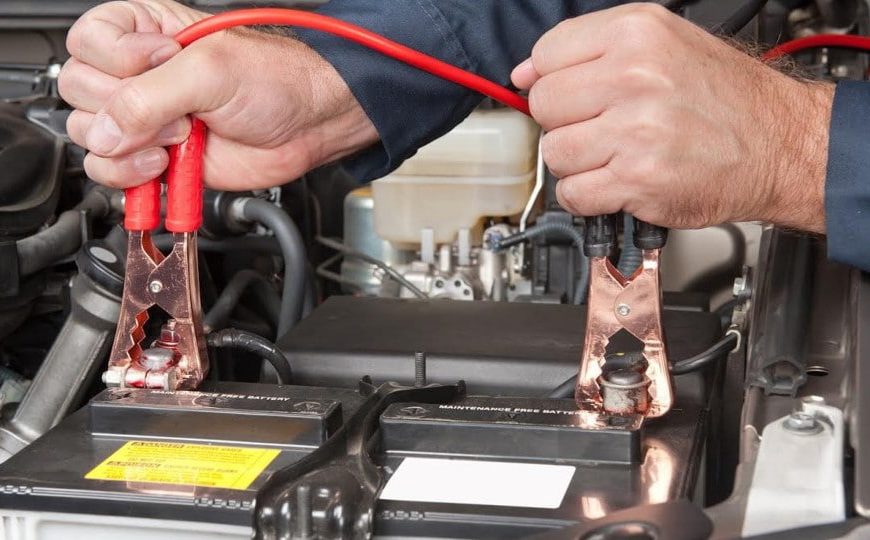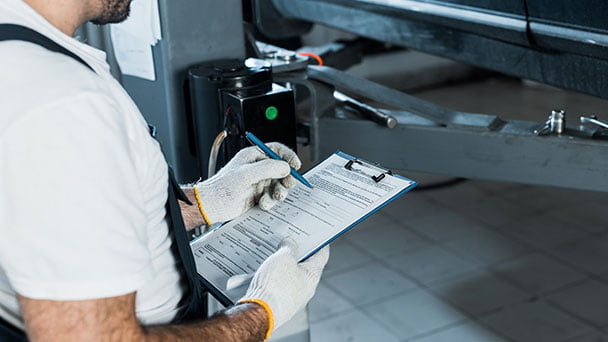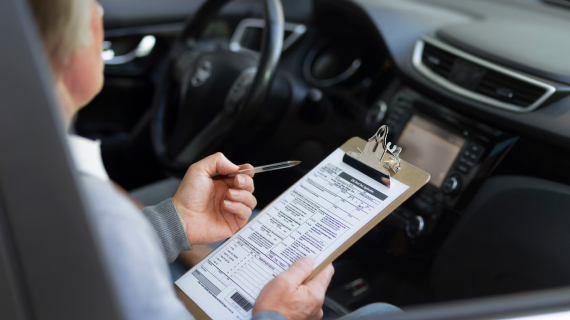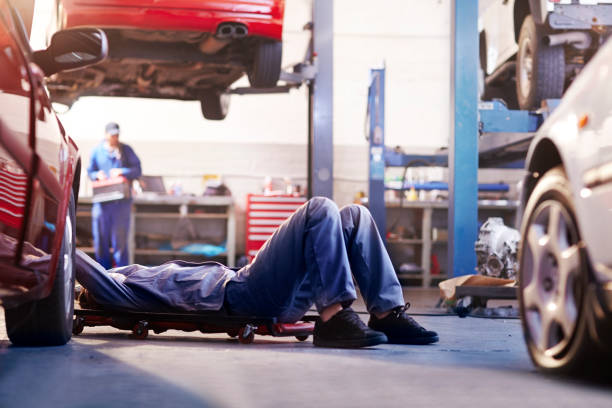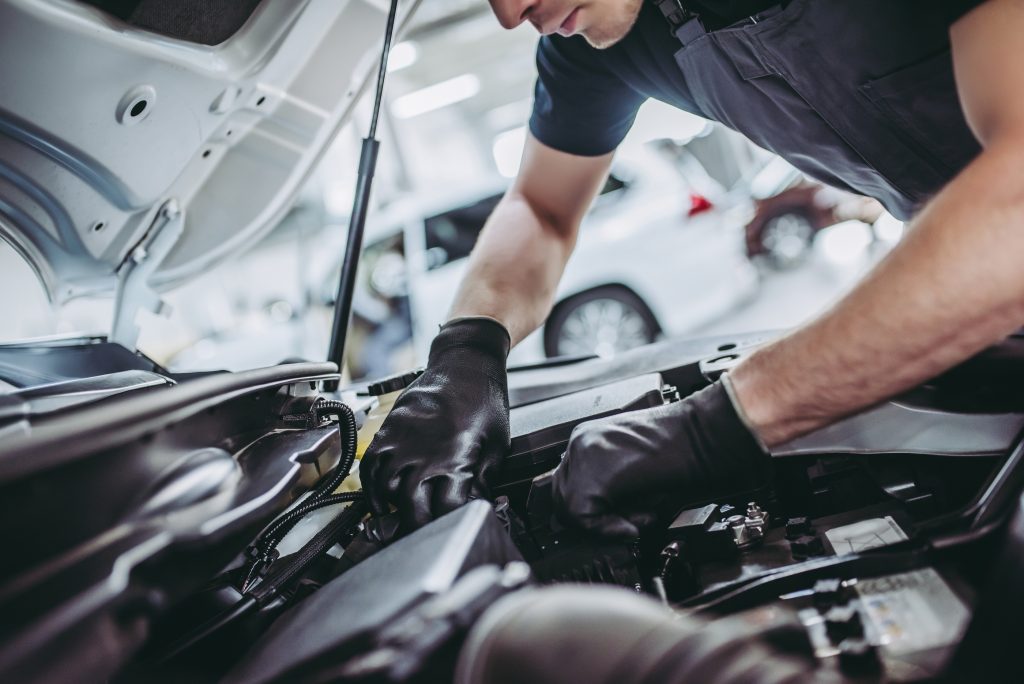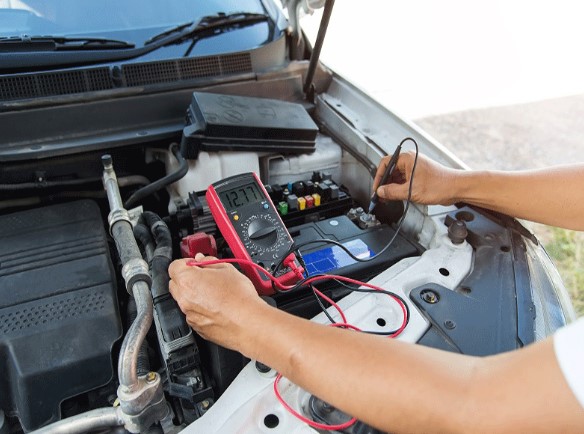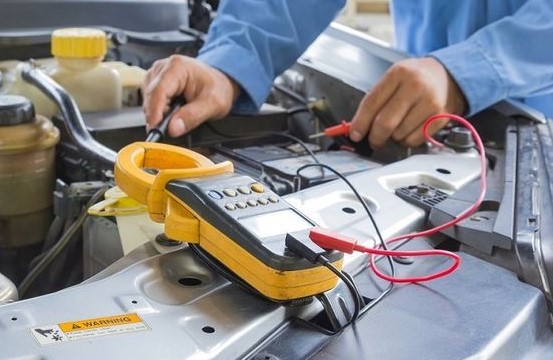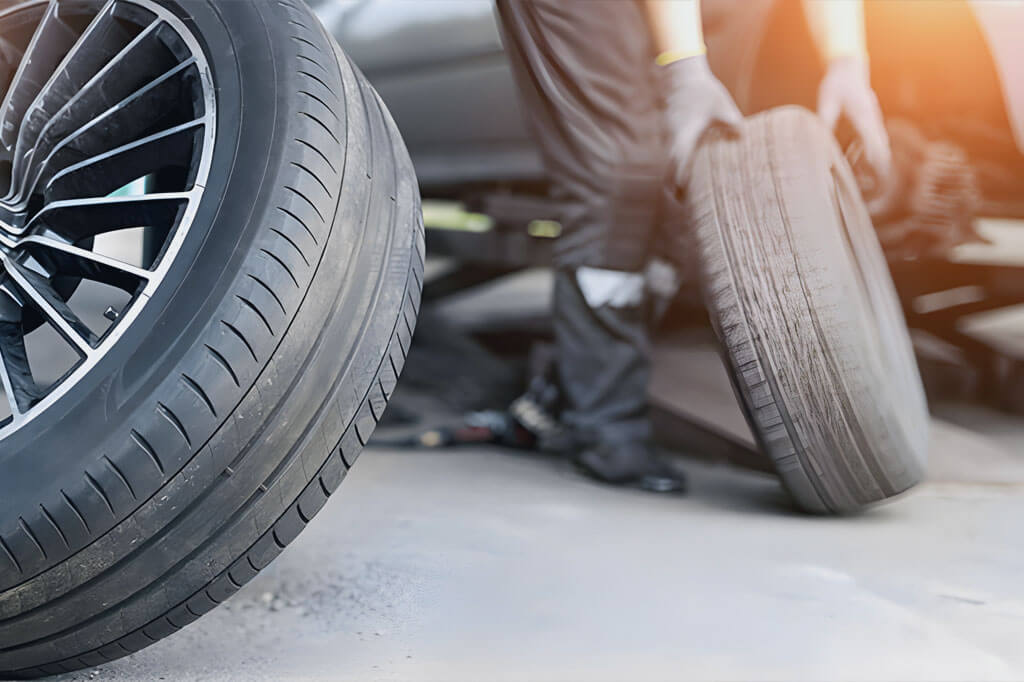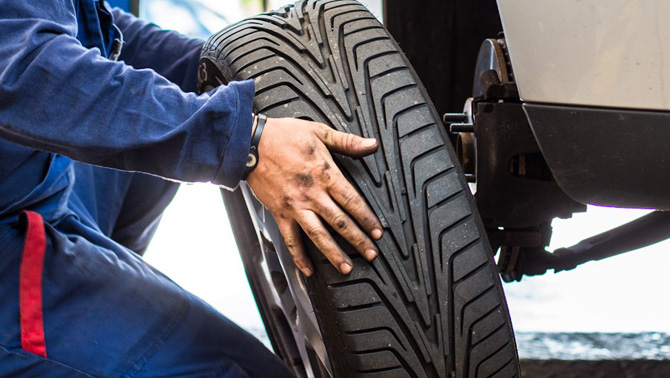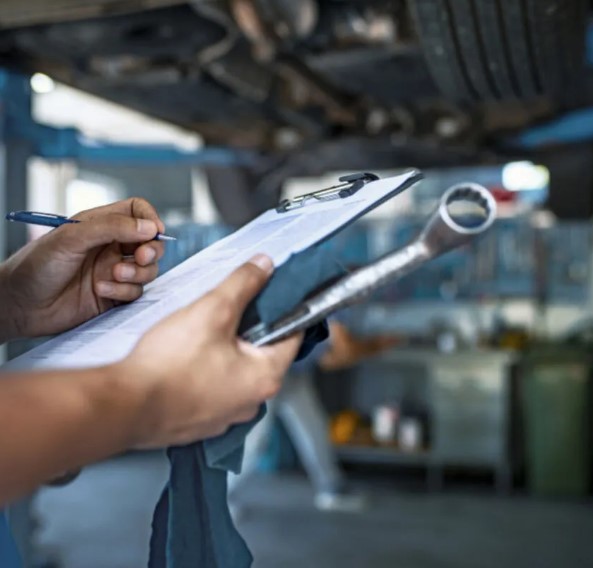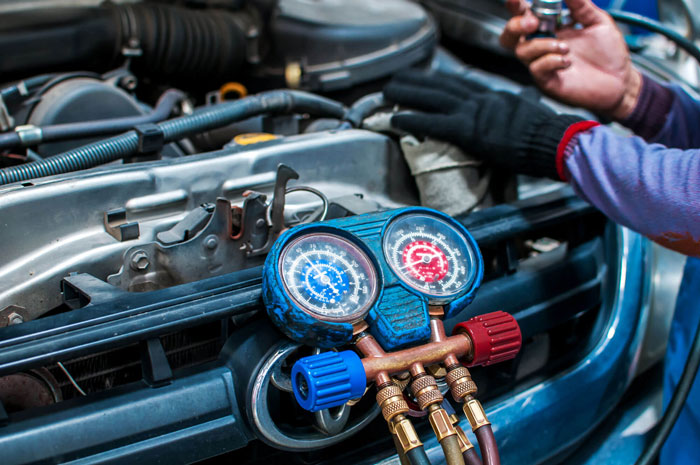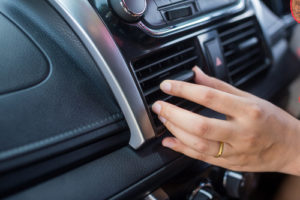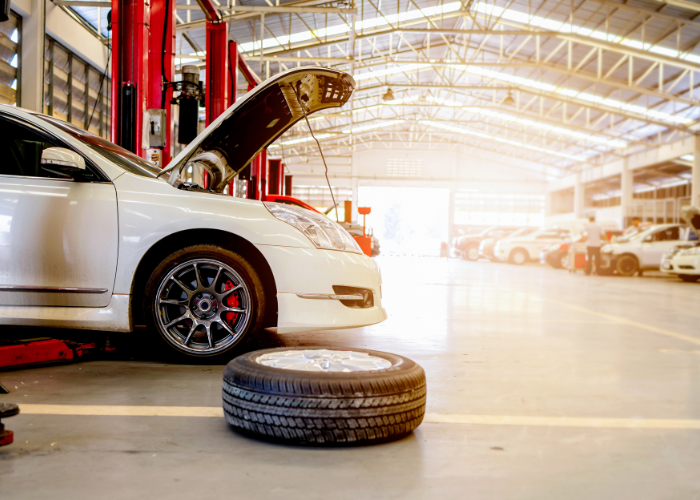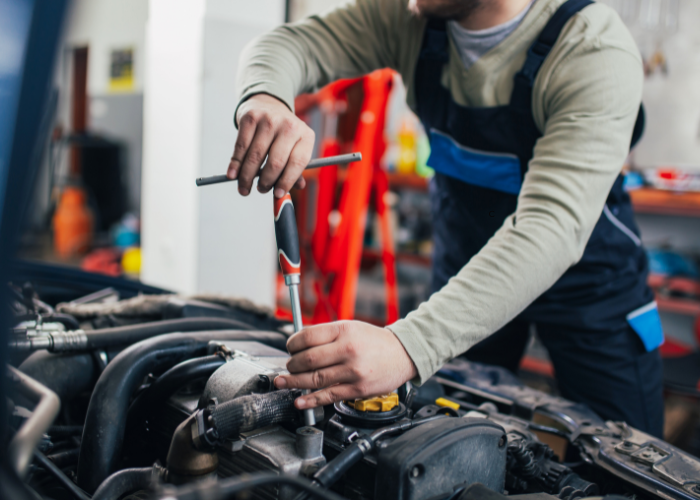As summer temperatures soar, ensuring your car’s air conditioning system is fully operational becomes essential, not merely a luxury. Over time, your vehicle’s air conditioning may lose efficiency, making those sweltering days even more unbearable while you’re on the road. The solution? Regassing your car’s air conditioning. This crucial maintenance task revitalises your aircon, ensuring it operates efficiently and keeps you cool and comfortable during your drives.
The Importance of Air Conditioning Regas
The process of regassing, or recharging, involves topping up the refrigerant gas in your car’s air conditioning system, typically referred to as Freon. This gas is vital as it cools the air before it circulates through the cabin of your car. Naturally, small amounts of this refrigerant can escape over time, diminishing the overall effectiveness of your air conditioning.
Maintaining the correct level of refrigerant is crucial for your air conditioning system to operate at its best. Low levels not only reduce the system’s efficiency but can also lead to increased wear on other components, such as the aircon compressor, which may overexert itself to maintain cooling performance.
How Often Should You Regas Your Aircon?
The frequency with which you should regas your car’s aircon largely depends on your vehicle’s make and your driving habits. However, a good rule of thumb is to have it inspected and potentially regassed every two years to ensure it remains in peak condition. Regular checks during your routine car service in Cranbourne can identify any potential issues before they necessitate expensive repairs.
Signs You Need to Regas Your Car’s Aircon
Keep an eye out for these indicators that your air conditioning system may need a regas:
- Reduced Cooling: If your aircon isn’t cooling as effectively as before, it may be due to low refrigerant levels.
- Warm Air: If your system only blows warm air, this is a clear sign that the refrigerant is critically low.
- Unusual Noises: Strange noises upon activating the air conditioning can suggest issues with the aircon compressor, likely caused by insufficient refrigerant.
The Benefits of Regular Aircon Regas

Regassing your car’s air conditioning offers several advantages:
- Improved Efficiency: A properly charged system operates more efficiently, cools your vehicle quicker, uses less energy, and reduces strain on your engine.
- Increased Comfort: Obviously, an efficient aircon system makes driving in hot weather far more enjoyable.
- Prevents More Serious Damage: Keeping your system charged can help prevent stress and potential damage to the aircon compressor and other related components.
Choosing the Right Service for Aircon Regas
When it’s time to regas your car’s air conditioning, selecting the right mechanics in Cranbourne is crucial. Specialists in air conditioning systems will not only recharge the system but also check for leaks and assess the overall health of your aircon system.
Where to Get Your Aircon Regassed?
If you’re searching for aircon regas near me, look no further than Singh’s Tyre & Auto Centre. We offer comprehensive aircon services, including thorough inspections and precise regas services. Our team of experienced mechanics ensures your vehicle’s air conditioning system is meticulously checked and regassed using top-quality refrigerants appropriate for your car model.
Maintaining your car’s air conditioning system through regular regassing is key to ensuring it operates efficiently and effectively. Not only does this provide immediate comfort benefits, but it also helps maintain the overall health of your vehicle.
Contact Singh’s Tyre & Auto Centre at 03 8752 4599 today for expert car aircon regas Cranbourne services to ensure your drives are cool and comfortable, no matter how high the mercury climbs. Visit us to keep your car’s aircon in prime condition and make your summer drives enjoyable and relaxed.

